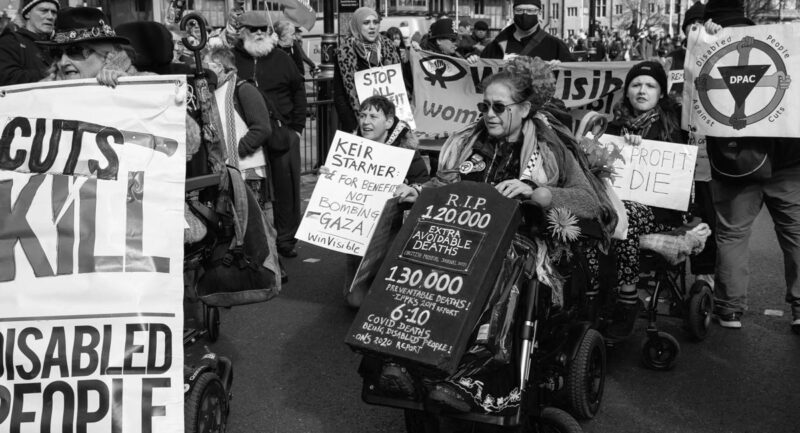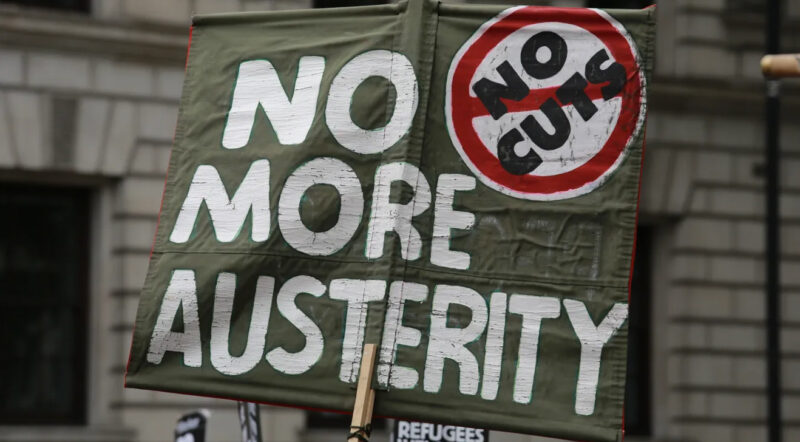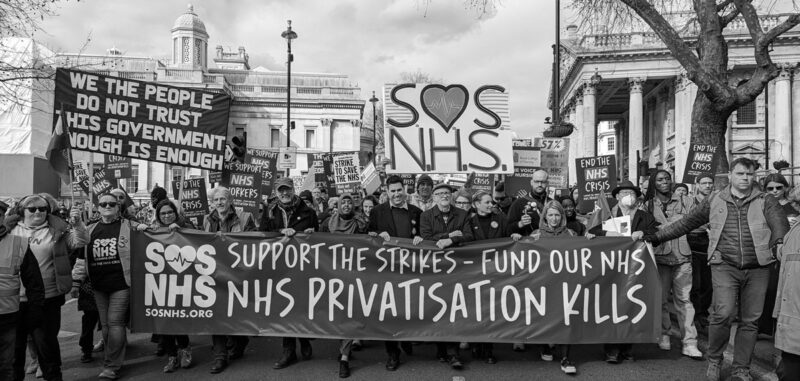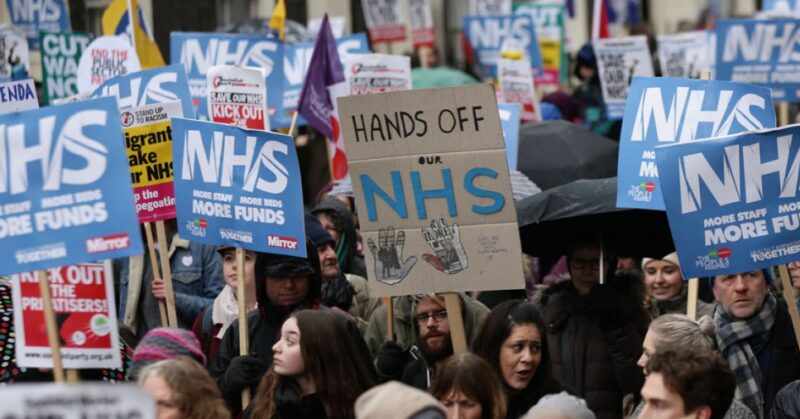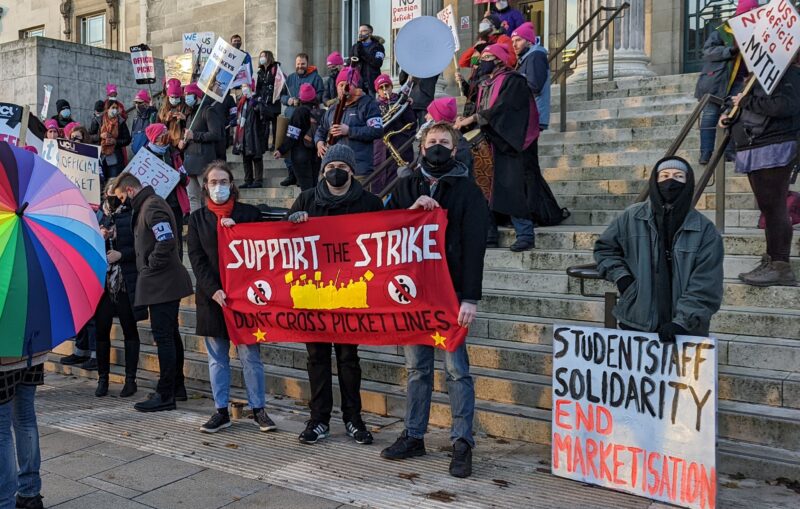RMT: strike to stop the automation of the London tube
The Rail Maritime and Transport union is currently balloting its members on the tube in response to London Underground’s decision to cut nearly 1,000 jobs and close all 268-ticket offices by 2015, writes Jeremy Dewar.

This is a serious attack on all tube workers and users. Not only would it potentially leave travellers stranded at stations unable to buy a ticket without an Oyster card, it would represent another step towards a totally automated service with driverless trains on one of the busiest underground rail networks in the world.
London Mayor Boris Johnson tried to sugar coat the pill by simultaneously announcing plans to run the network 24 hours a day on weekends, a move undoubtedly popular for Londoners. But it is far from clear is what that means for the safety aspect of cleaning and inspecting the tunnels and the increased fire hazard this will mean if there is no downtime for these tasks.
Johnson has also said saying there would be no compulsory redundancies; but does today’s workforce have the moral right to sell the jobs of the next generation? Understaffing the stations is yet another threat to safety.
The first argument, that the closure of the ticket offices is necessary to “pay for” 24-hour weekend opening, is entirely bogus. The £42 million annual savings made by the cuts is in fact only made necessary by the £78 million reduction in LU’s budget by Transport for London. And London already has the most under-subsidised and overpriced metro system of all Europe’s major cities.
Take these facts out of the equation and it is easy to see that the offices, needed for passenger and workers’ safety and ticket sales, could remain open. And if one is looking for money, the incredible wealth of the City of London should be taxed to pay for it.
This is in fact a typical capitalist politician’s trick to distract attention from the Tory-led coalition’s austerity programme, which is driving the cuts. Cynically, Johnson campaigned in 2008 against Labour’s plans to shut ticket offices; now in office, he is doing just that.
Secondly, the claim that around 250 jobs will be created to ensure there is always a member of staff at the stations while they are open misses the main point. In a period of mass unemployment, especially in London, job cuts mean families unable to afford to continue to live in London and school-leavers rotting on the dole.
Indeed, LU’s own propaganda about the changes claims that there will be an extra 1.6 million people living in London by 2030, but only an additional 600,000 jobs. Do the maths, Boris. That leaves a million without work. David Cameron and George Osborne’s vision of austerity as far as the eye can see means poverty for millions, while workers compete for minimum wage jobs as prices soar.
The bigger picture is an enormous attack on the tube service. The £78 million budget cut this year will be followed by more cuts to come: a colossal £270 million by 2020. In the end, Johnson and the bosses want to introduce driverless trains so they don’t ever have to face again tube strikes, which can bring London to a standstill, costing billions to the City and big business. Once again the idea of trains with no one on them who can take charge in emergencies and guide passengers to safety, as drivers did in during the 7 July 2005 tube bombings, is hair-raising.
In the way of these plan stands the RMT. It can scupper this job cutting plan by calling swiftly escalating strike action, and take the fight to the government, demanding the restoration of the budget and the reversal of previous cuts. This would soon put the cat among the pigeons, as business leaders demand the Tories intervene to bring the service back on track.
Of course, this would immediately lead to renewed calls for a strike ban on essential services, in which case the RMT and its activists should call on the TUC and other unions to rally to the defence of trade unionism with solidarity strike action.
Vital to winning tube workers to this strategy is the calling of mass meetings at all depots and the election of a strike committee to run the dispute. All too often in the four years since the last network-wide tube strike, the RMT has balloted for action then called it off in return for minor and temporary concessions.
This time, the union should strike and strike hard in the New Year. Its claims to be an industrial union that cares equally for its cleaners as for its drivers needs to be proved by mobilising the full weight of its tube membership to bear in defence of ticket office jobs.
- Vote “Yes” to strike action!
- Elect rank and file strike committees to control the dispute!
- For a rank and file movement on the Underground!




